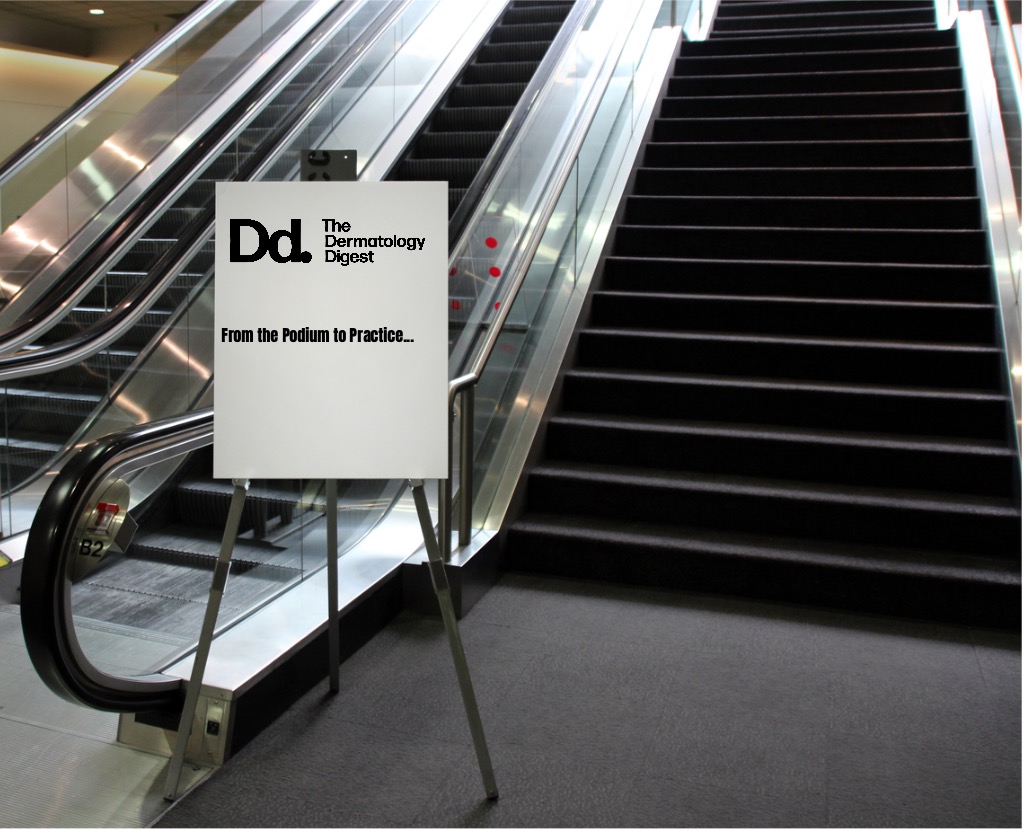Neoadjuvant immunotherapy for early stage melanoma is showing promise, new research shows.
Fully 59% of patients responded so well to neoadjuvant immunotherapy that adjuvant treatment is no longer needed, according to the results of the NADINA study, which were presented the 2024 American Society of Clinical Oncology (ASCO) meeting in Chicago and published in New England Journal of Medicine.
In the NADINA trial, 423 patients were randomized to two groups: the first group received two immunotherapy treatments with ipilimumab (Opdivo, Bristol Myers Squibb) and nivolumab (Yervoy, Bristol Myers Squibb) followed by surgery. The second group received standard treatment involving surgery followed by 12 rounds of immunotherapy with nivolumab. Even people who did not respond well to the therapy and had an unfavorable prognosis were able to start adjuvant treatment with immunotherapy or targeted therapy after surgery.
After one year, almost 84% of patients who had received neoadjuvant treatment were still tumor-free, compared to 57% of the group receiving standard treatment.
“Patients whose tumors were nearly entirely or completely gone, saw even better results; 95% remained tumor-free, after only six weeks of treatment,” says lead researcher Christian Blank ,MD, PhD, of the Netherlands Cancer Institute in Amsterdam, in a news release.
The 76% of patients whose tumors were only partially gone were still tumor-free one year after the start of their treatment, compared to 57% of patients who did not respond well to neoadjuvant therapy. These two patient groups received additional adjuvant treatment after their neoadjuvant treatment and surgery. In three years, the researchers expect to know whether this positive trend continues and could improve survivorship.
The next challenges will be to improve treatment outcomes of patients who responded less favorably.
Besides a greater chance of tumor-free survival, most patients were able to cut down their treatment time to only six weeks. The treatment still needs to be registered and approved in the Netherlands to qualify for health care insurance coverage.


